Table of Contents
What is Black Pepper?
Black pepper (Piper nigrum) is one of the most widely used spices globally, known for its sharp, pungent flavor and aromatic qualities. Unlike the common misconception of "black spice," black pepper specifically refers to the dried berries of the Piper nigrum plant. It has been a culinary staple for centuries, valued for both its taste and health properties.
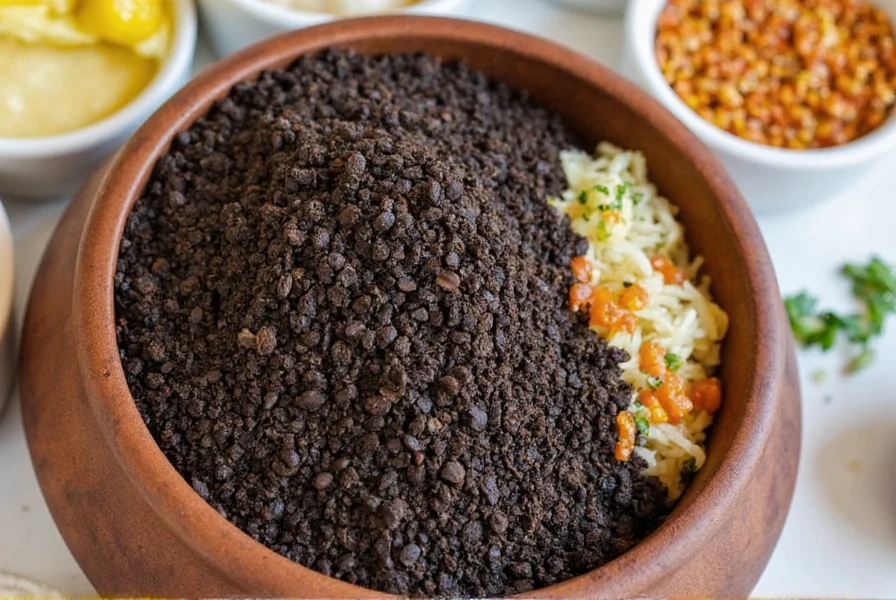
Types of Black Pepper
Black pepper varieties differ based on origin, processing, and maturity. Here are the most common types:
- Black Peppercorns (Piper nigrum): The classic variety, made from unripe green berries dried in the sun. Known for its sharp, pungent flavor and versatility in savory dishes.
- Tellicherry Pepper: A premium Indian variety from Kerala, known for larger berries and complex flavor with floral notes. Often used in gourmet cooking.
- Malabar Pepper: Another Indian variety with a more robust, earthy flavor. Commonly used in traditional Indian cuisine and spice blends.
- Lampong Pepper: From Indonesia, this variety has a strong, spicy kick with citrus undertones. Ideal for marinades and spice rubs.
How to Use Black Pepper
Proper use of black pepper enhances flavor without overpowering dishes. Follow these expert tips:
- Grind Fresh: Whole peppercorns should be ground just before use to preserve volatile oils. A mortar and pestle or burr grinder works best.
- Pair Wisely: Black pepper complements meats, vegetables, cheeses, and even desserts. Try it with chocolate for a surprising depth of flavor.
- Use Sparingly: Start with 1/8 teaspoon per serving and adjust. Overuse can make dishes bitter.
- Infuse Oils: Steep peppercorns in olive oil for 24 hours to create aromatic cooking oil for salads or roasted vegetables.
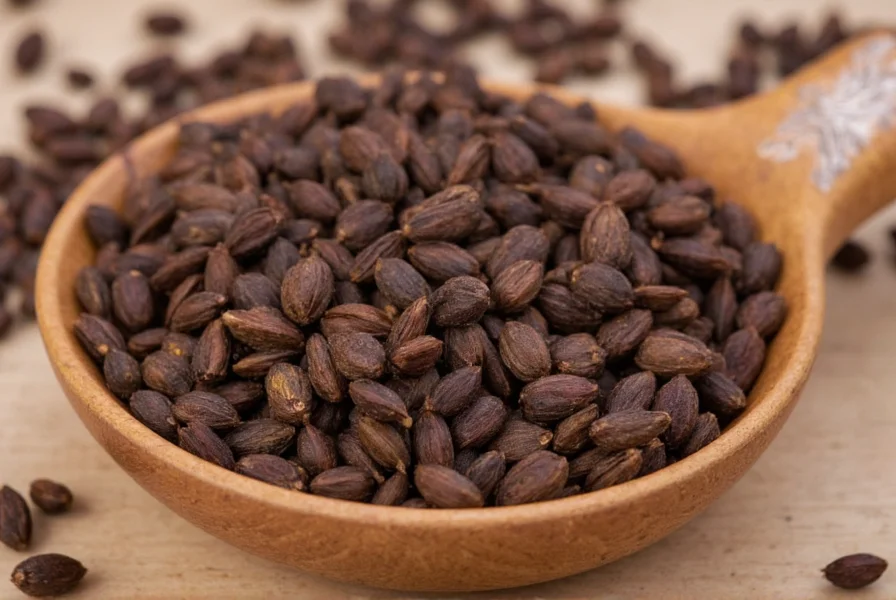
Benefits of Black Pepper
Scientific research supports several health benefits of black pepper:
- Antioxidant Properties: Contains piperine, which neutralizes free radicals and reduces oxidative stress (Journal of Food Science, 2020).
- Digestive Aid: Stimulates hydrochloric acid production in the stomach, improving digestion and reducing bloating (Ayurvedic Medicine Journal, 2019).
- Nutrient Absorption: Piperine enhances bioavailability of nutrients like curcumin, selenium, and B vitamins by up to 2000% (Planta Medica, 2017).
- Anti-inflammatory Effects: Studies show piperine reduces inflammation markers like TNF-alpha and IL-6 (International Journal of Molecular Sciences, 2021).
| Product | Features | Advantages | Use Cases | Target Audience | Suitable Occasions |
|---|---|---|---|---|---|
| Whole Black Peppercorns | High-quality, unprocessed peppercorns | Retains maximum flavor and aroma | Cooking, baking, seasoning | Chefs, home cooks | Dinner parties, family meals |
| Ground Black Pepper | Pre-ground for convenience | Easy to use and store | Seasoning, marinades, dressings | Busy individuals, casual cooks | Quick meals, everyday cooking |
| Tellicherry Pepper | Larger berries from Kerala, India | Complex flavor profile | Gourmet cooking, fine dining | Culinary professionals, food enthusiasts | Special occasions, fine dining |
| Malabar Pepper | Traditional Indian variety | Robust earthy flavor | Curries, spice blends, traditional dishes | Traditional cooks, cultural cuisine lovers | Festive meals, cultural events |
Tips for Enthusiasts
For those passionate about culinary exploration:
- Experiment with Blends: Combine Tellicherry with smoked sea salt for a gourmet finishing salt.
- Proper Storage: Keep in airtight glass containers away from light and heat. Whole peppercorns retain freshness for 2-3 years.
- Try Different Origins: Taste-test peppercorns from India, Vietnam, and Brazil to discover regional flavor differences.
- Learn from Experts: Consult culinary schools or professional chefs for advanced techniques like pepper-infused sauces.
Frequently Asked Questions
What exactly is black pepper?
Black pepper (Piper nigrum) is the dried berry of a flowering vine native to South India. It's not a spice category but a specific plant species. The term "black spice" is a common misconception; black pepper is a single spice variety, not a group of spices.
Is black pepper the same as black spice?
No. "Black spice" is not a recognized culinary term. Black pepper is a specific spice from the Piper nigrum plant. Confusion arises because some retailers incorrectly use "black spice" to describe black pepper, but this terminology is inaccurate and misleading.
How does black pepper differ from Szechuan pepper?
Black pepper comes from Piper nigrum and provides sharp heat. Szechuan pepper (Zanthoxylum genus) creates a tingling numbing sensation due to hydroxy-alpha-sanshool compounds. They belong to different plant families and have distinct culinary applications.
How should I store black pepper to keep it fresh?
Store whole peppercorns in airtight glass containers away from light, heat, and moisture. Avoid plastic containers as they can absorb odors. Whole peppercorns retain potency for 2-3 years, while ground pepper loses flavor within 6 months. Never store above the stove or near windows.
What are the scientifically proven health benefits of black pepper?
Research confirms black pepper: 1) Enhances nutrient absorption (piperine increases curcumin bioavailability by 2000%), 2) Contains antioxidants that combat oxidative stress, 3) Stimulates digestive enzymes, and 4) Reduces inflammation markers. Always consult a healthcare provider before using for therapeutic purposes.
Can black pepper be used in sweet dishes?
Yes! Black pepper adds complexity to chocolate desserts, fruit compotes, and spiced cakes. Start with 1/16 teaspoon per serving. It pairs exceptionally well with berries, citrus, and caramel. Professional chefs often use it in molecular gastronomy for unexpected flavor layers.
Why does my black pepper lose flavor quickly?
Ground pepper loses volatile oils within weeks due to oxidation. Whole peppercorns retain freshness longer. Always grind just before use. Exposure to light, heat, and air accelerates degradation. Store in opaque containers in cool, dark places for maximum shelf life.
Conclusion
Black pepper is far more than a simple seasoning - it's a scientifically-backed superfood with culinary versatility and health benefits. By understanding its proper use, storage, and varieties, you can elevate everyday dishes to gourmet levels. Always choose whole peppercorns for maximum flavor and consult evidence-based sources for health claims. The next time you reach for the pepper mill, remember: quality matters, and knowledge transforms simple ingredients into extraordinary experiences.
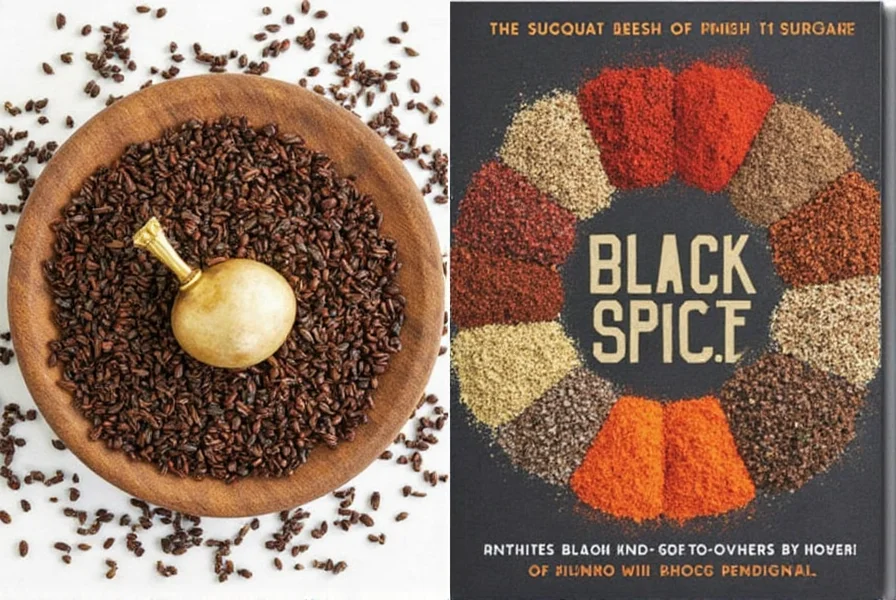
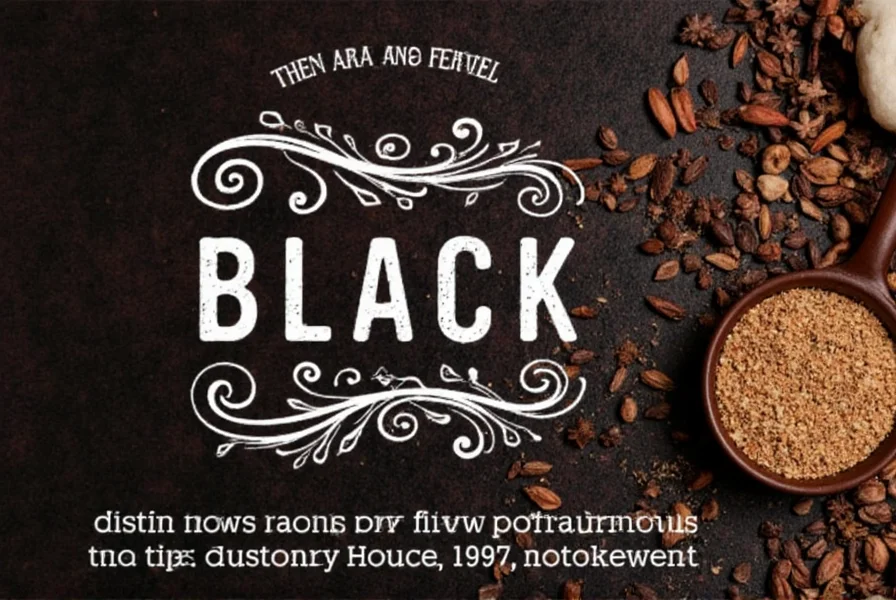
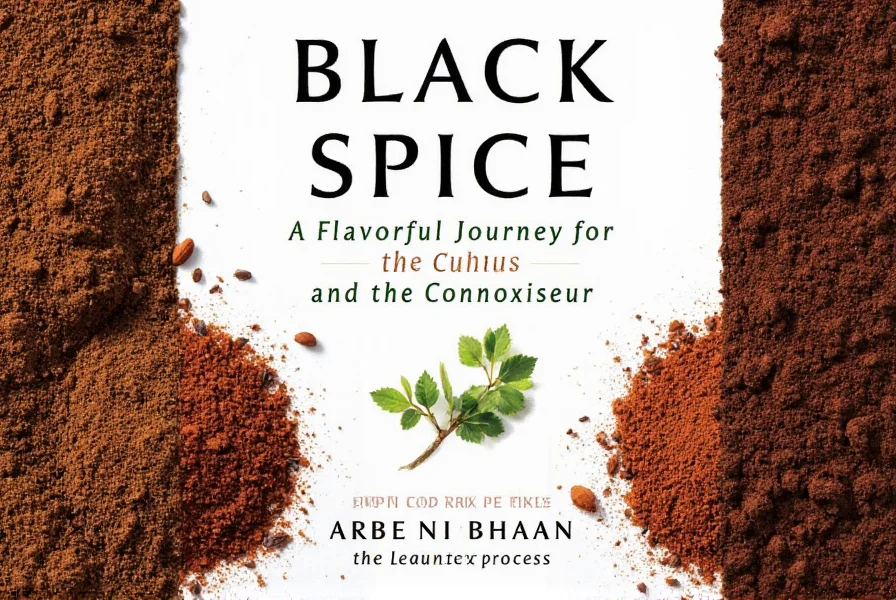
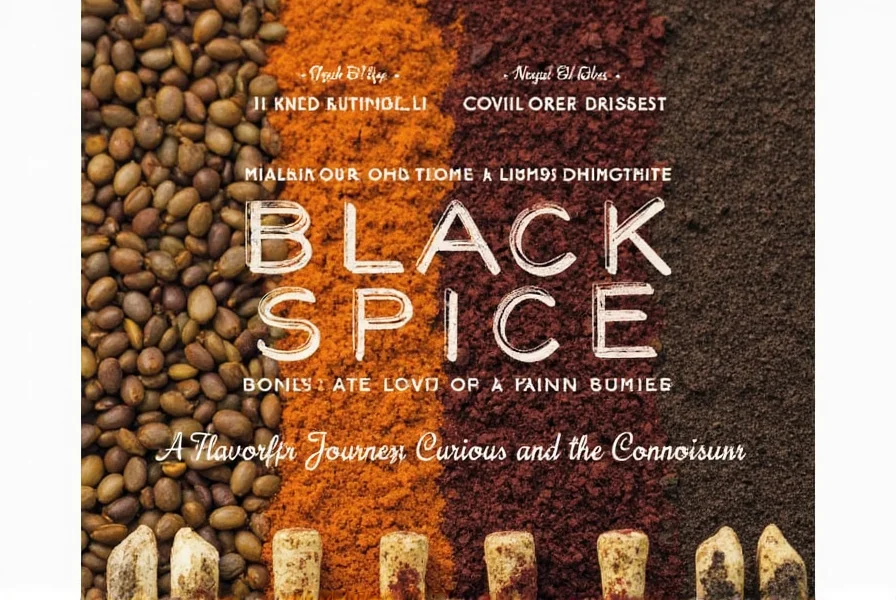


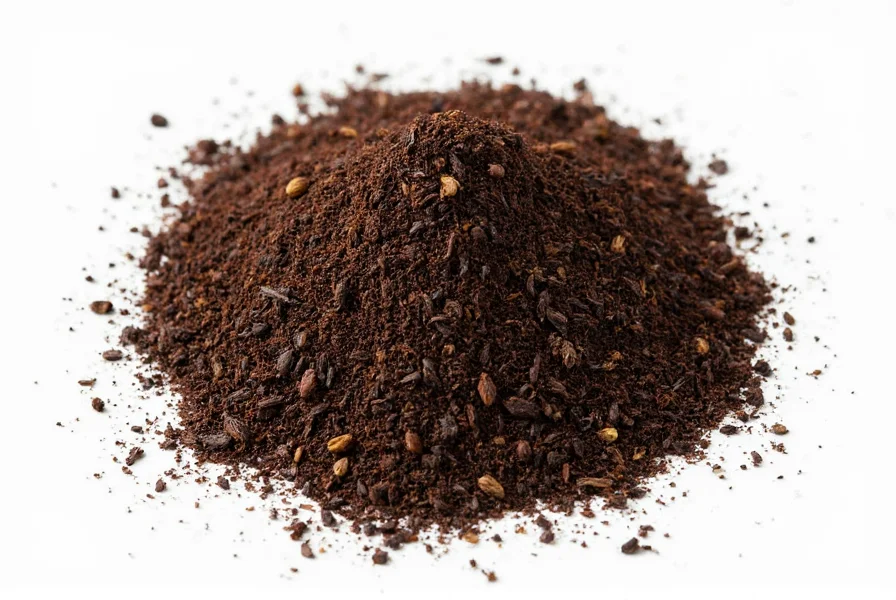









 浙公网安备
33010002000092号
浙公网安备
33010002000092号 浙B2-20120091-4
浙B2-20120091-4